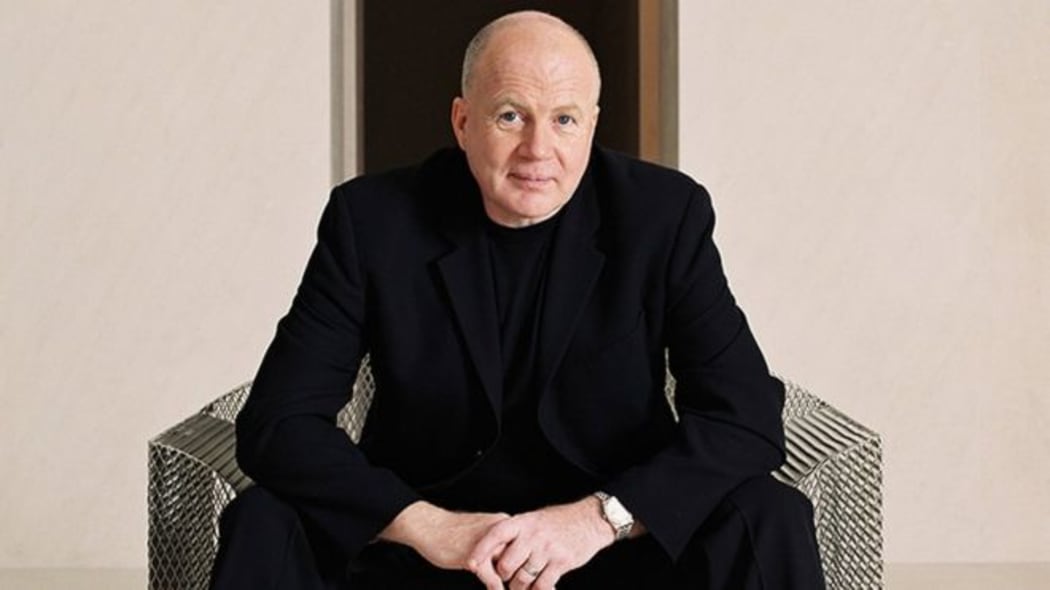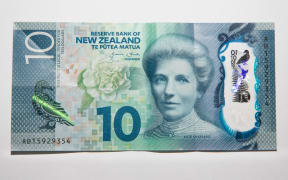It is "ludicrous" to suggest gender bias does not exist in the advertising industry, women working in New Zealand agencies say.

Kevin Roberts Photo: Supplied
Saatchi and Saatchi chair Kevin Roberts, a New Zealander, was stood down over the weekend for saying the gender debate was over.
But women in the industry say unconscious gender bias still affects which roles women are considered for and sometimes forces them out of the industry altogether.
In an interview with Business Insider published last Friday, Mr Roberts said the "debate is all over" about gender diversity in the advertising industry.
Rather than progressing into management, many women - and men - wanted simply to be happy and "do great work", Mr Roberts said.
"Their ambition is not a vertical ambition, it's this intrinsic, circular ambition to be happy."
He said the lack of women in leadership roles therefore did not bother him.
Reactions to his comments from women working in New Zealand's advertising industry have ranged from incredulity to outrage.
Auckland agency Contagion's creative director Bridget Taylor said it was "ludicrous" to suggest the industry had rid itself of gender bias.
"It's just starting," she said.
The number of women in creative positions in many agencies were still vastly outnumbered by men, she said.
"I can tell, when I look at an ad that's targeted at a woman, that a man has made - because so often you just kind of miss the mark. You can miss the mark tonally, you can miss the mark with the content."
Contagion employed about 30 people, Ms Taylor said.
"We actually have more females in the creative department than males ... and more males in our accounts service department than females, so we're actually the direct opposite of the traditional [agency] make-up."
That could partly be down to senior management at the agency, where three out of the five executive roles were taken by women.
"I'm very open to nurturing and bringing women on and certainly don't think women are not as ... 'vertically driven' as men," she said.
"Our females are very vertically-driven."

The number of women in creative positions in many agencies were still vastly outnumbered by men, said Bridget Taylor. Photo: 123RF
Federation founder and director Sharon Henderson also took issue with Mr Roberts' comment about "vertical ambition".
"That's an incredible comment to make, because I know of so many women in advertising who are incredibly ambitious and have ultimately found the best way to head off into senior roles is to actually go into other industries."
There were some "exemplary players" in the industry when it came to gender diversity, Ms Henderson said.
"And yet there are some very traditional parts of industry that have remained unchanged for decades."
Kevin Roberts' comments were inadvertently helpful in one way, she said.
"One of the great things about Kevin Roberts coming out and saying the things that he has, is that it's kind of brought it into the spotlight and he's started the conversation."
Brand consultant Kate Smith, who used to work for Saatchi, said the issue was not outright sexism but unconscious bias.
"I can believe that Kevin honestly believes this doesn't exist because he's never experienced it."
Many women in advertising would have "multiple examples" of times when they were not listened to or taken seriously, she said.
"I had a situation when I was ...very senior in an agency, when I was very concerned about the performance of one of my male colleagues. I talked about this in a senior leadership meeting and I was essentially patted on the head and told to run away and not worry about it ... and a month later the client fired us.
"Now that's because it was a male staff member and I was somehow being hysterical."
Very few agencies contacted by RNZ were able to provide gender breakdowns of their employees.
Agency DBB said it employed 122 people, 60 percent of them women.
The split in its creative department was even, but only one creative director was a woman.
Colenso BBDO and Proximity creative director Kim Pick said the Clemenger Group, which owned both agencies, set up a diversity panel 18 months ago to redress the lack of women in leadership roles.
It had set a target of women holding 40 percent of senior roles by 2020.
A survey conducted in 2014 found only about 11 percent of creative directors globally were women, though that had lifted from just 3 percent in 2010.






